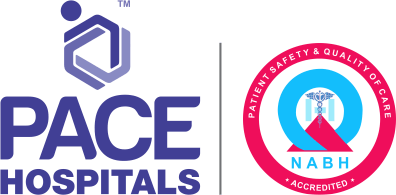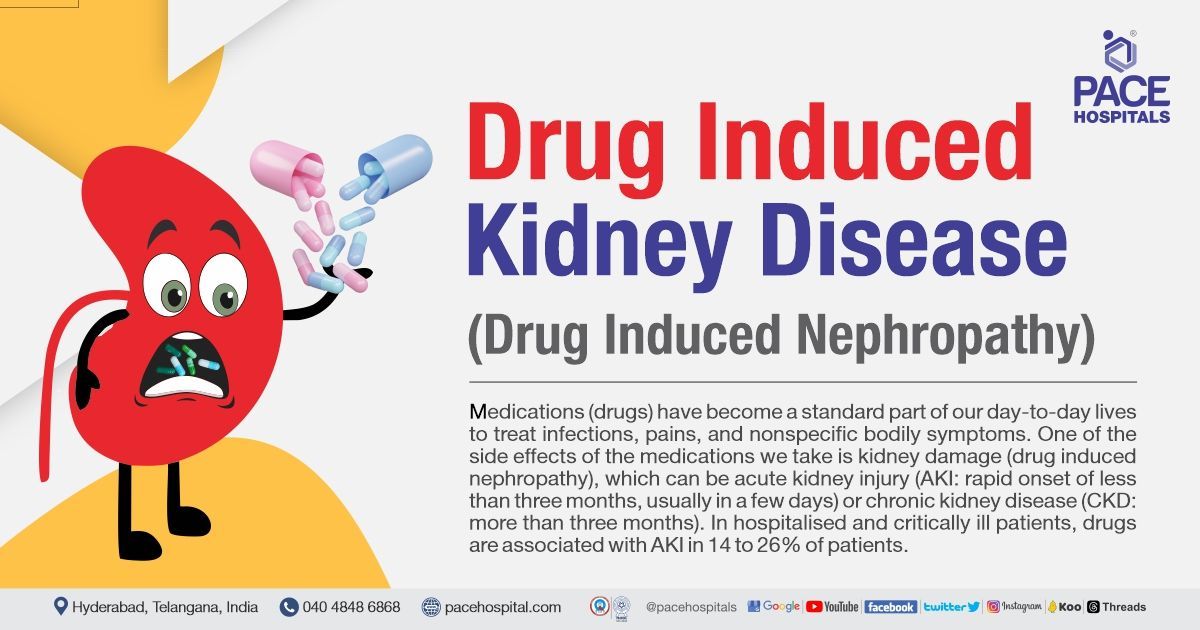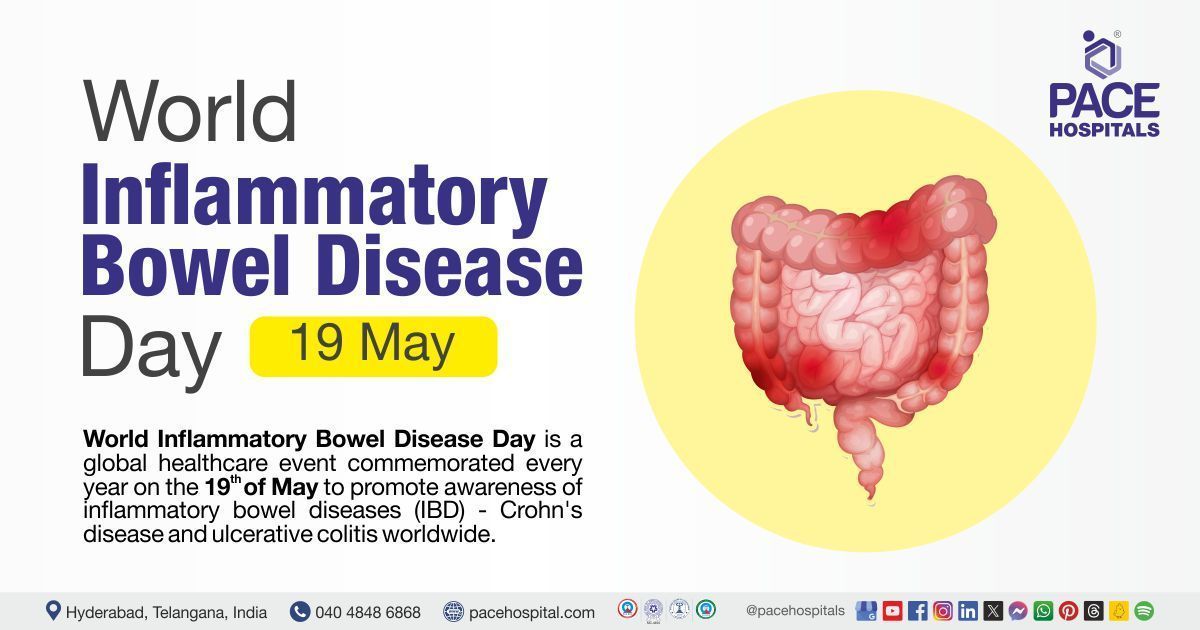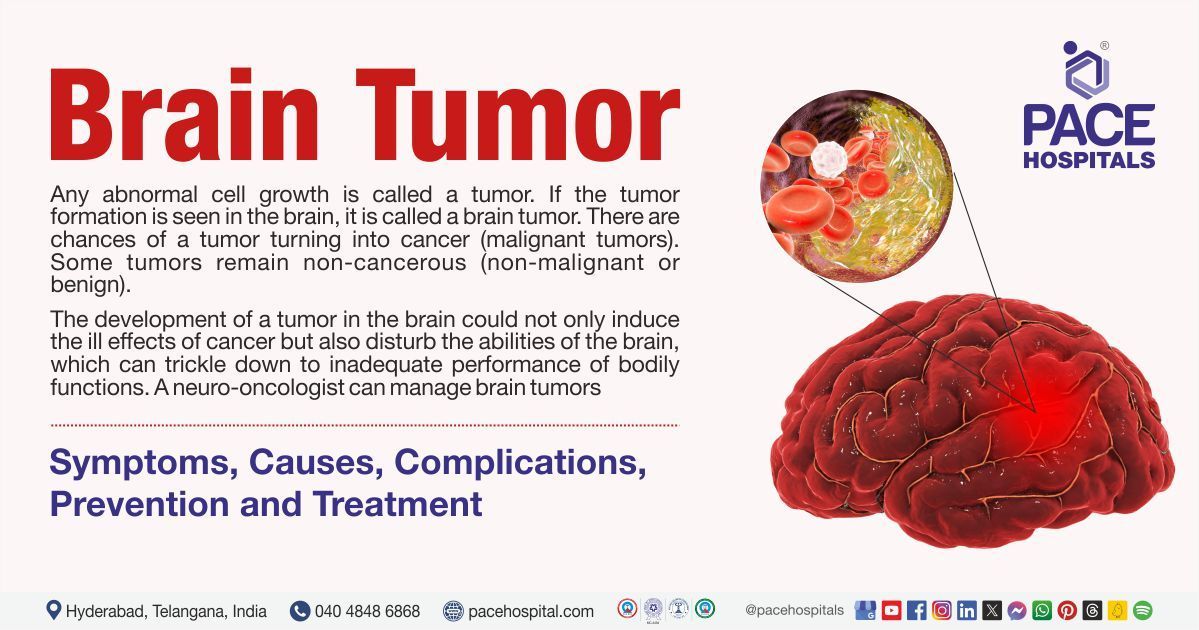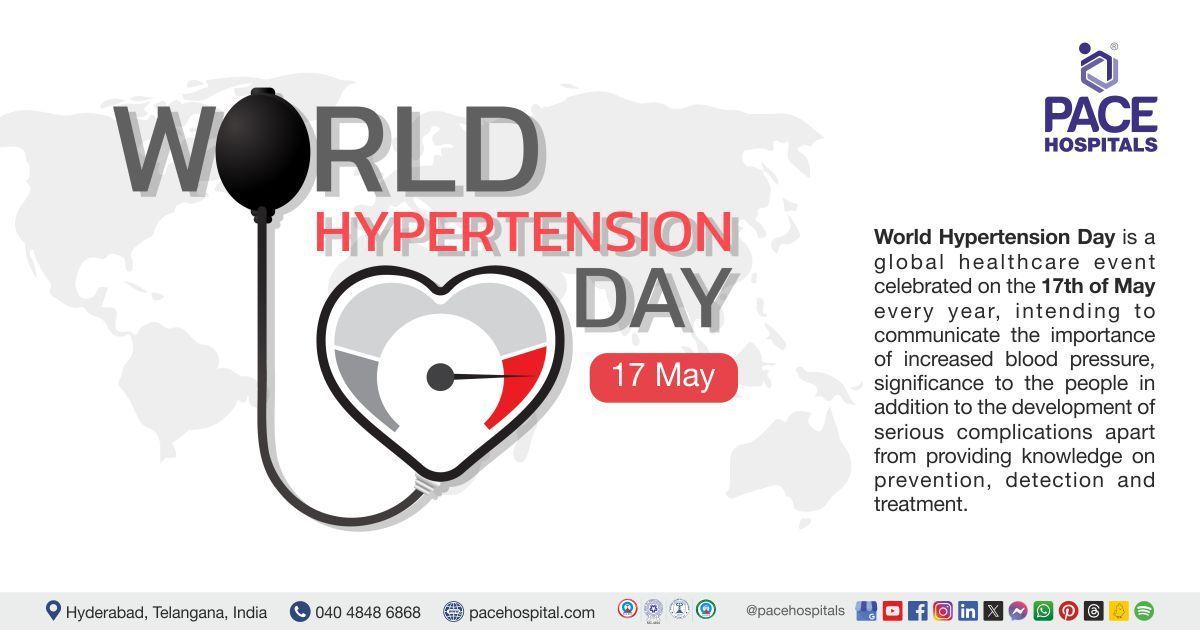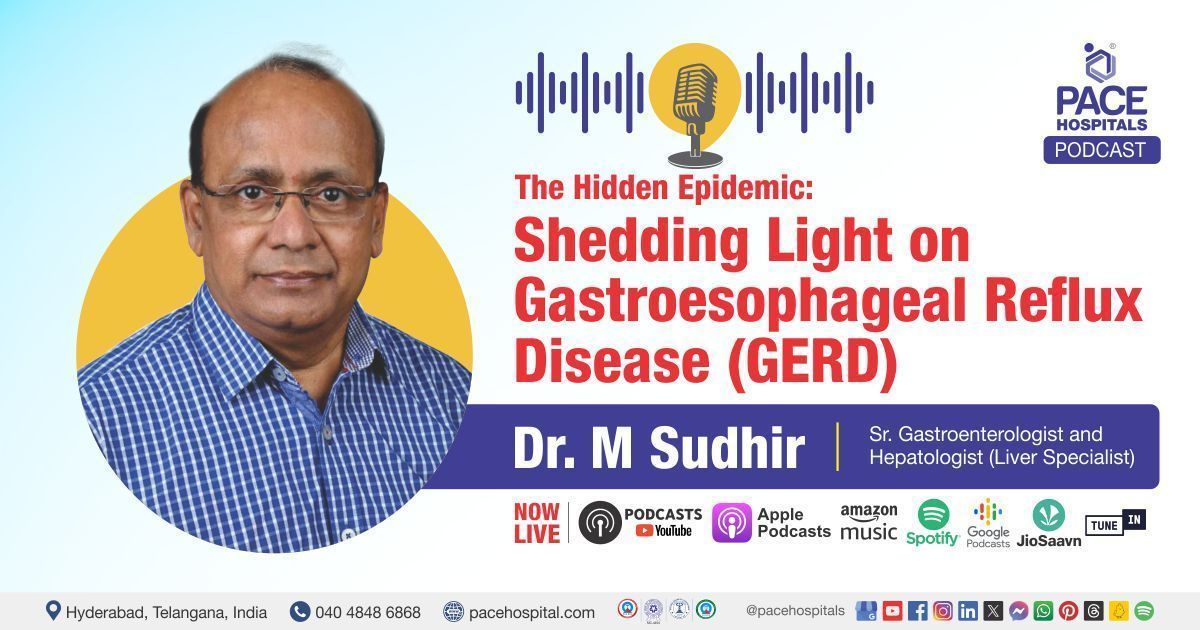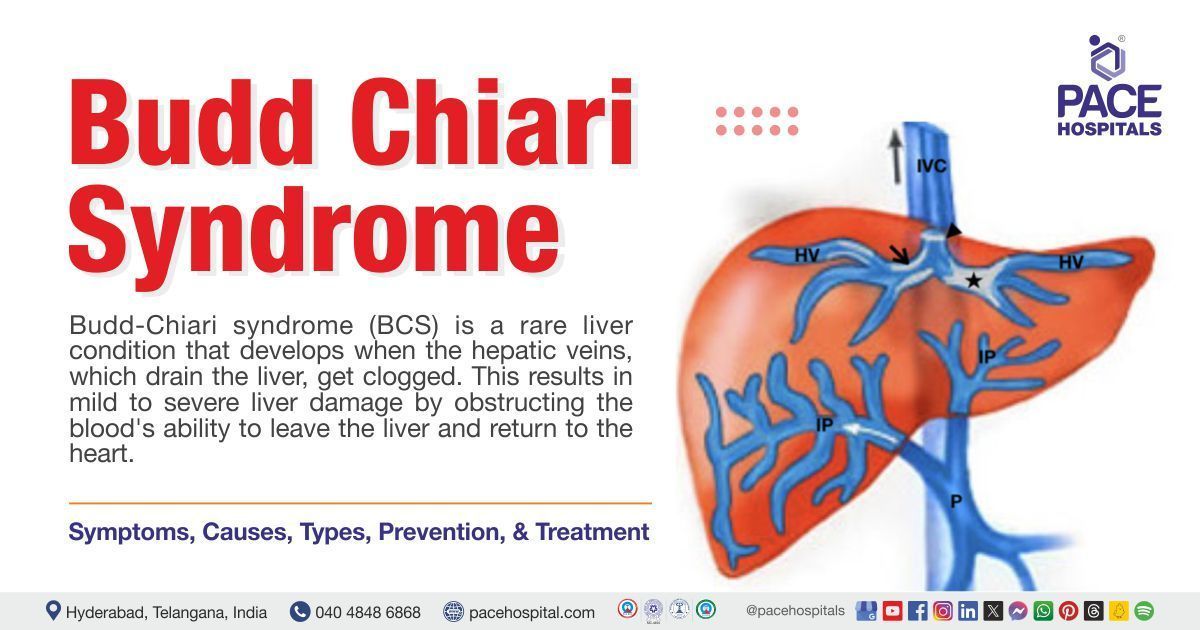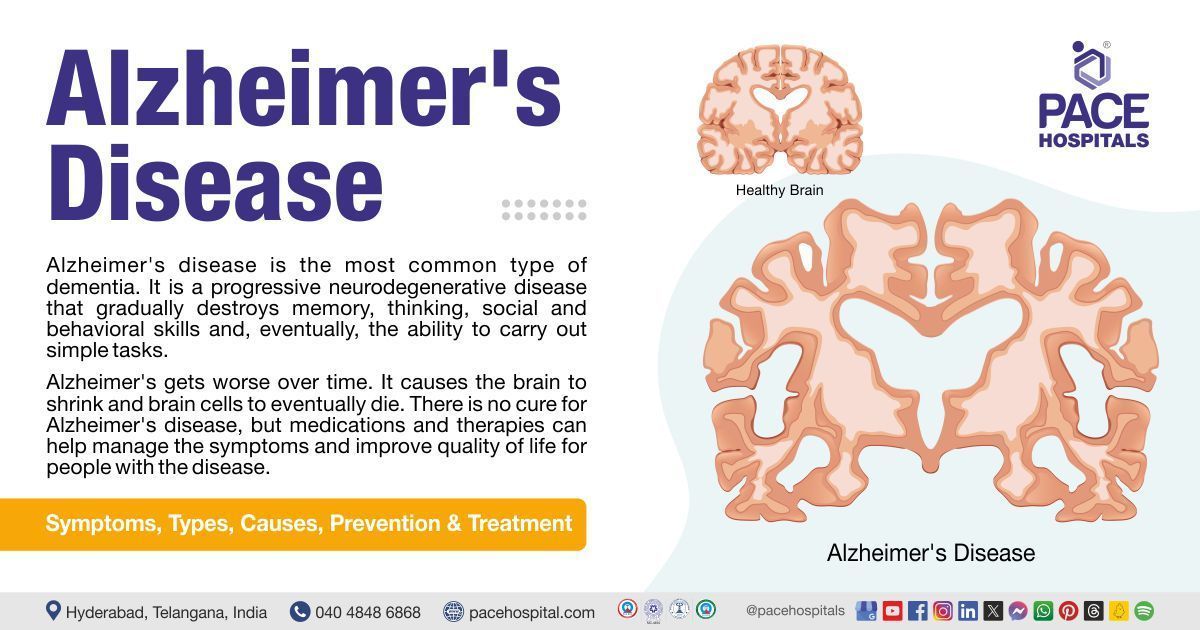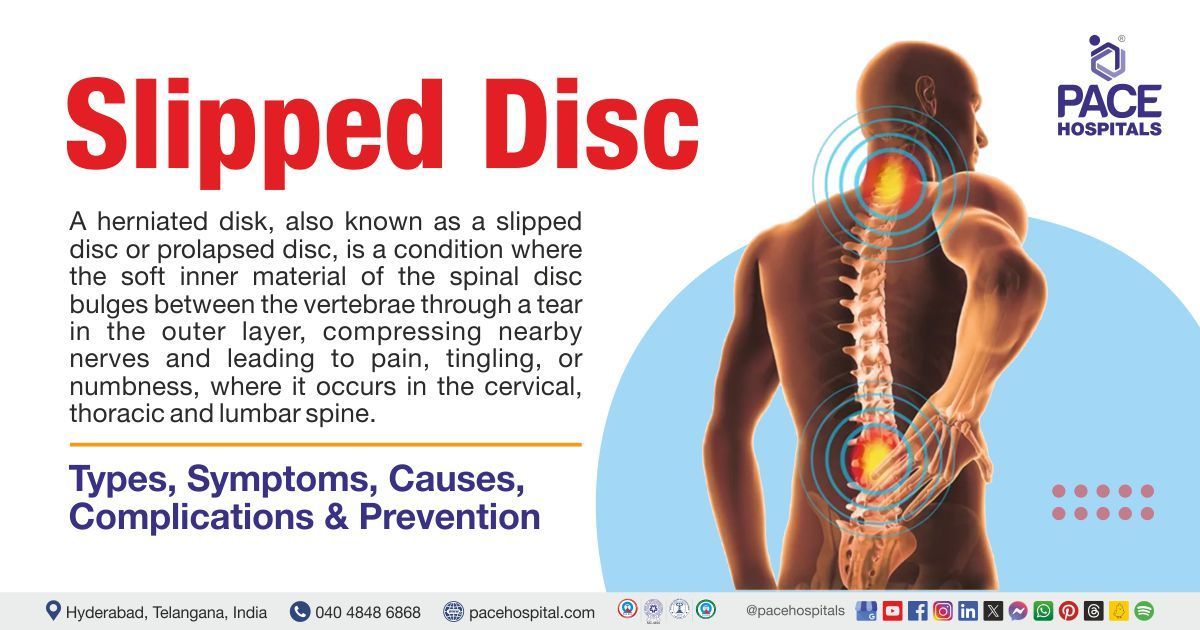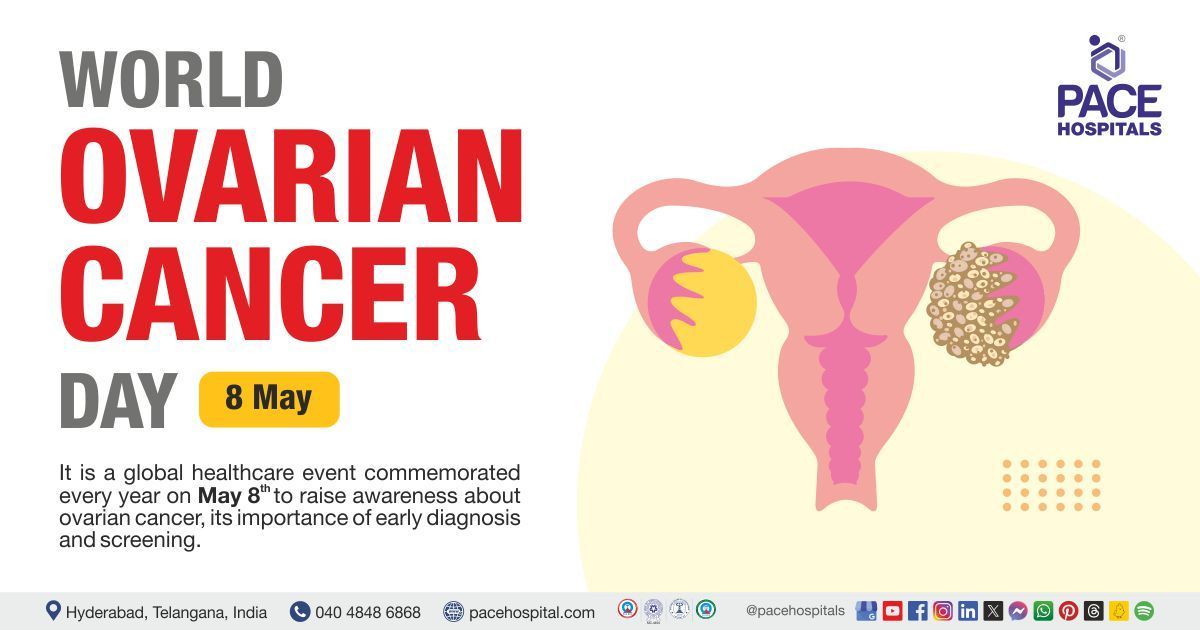Drug Induced Kidney Disease – Symptoms, Risk, Diagnosis, Treatment
Medications (drugs) have become a standard part of our day-to-day lives. Over-the-counter medications are used to treat infections, pains, and non-specific bodily symptoms. But they do have their risks, which are essential to know to avoid the side effects. One of the side effects of the medications we take is kidney damage (drug induced nephropathy), which can be acute kidney injury (AKI: rapid onset of less than three months, usually in a few days) or
chronic kidney disease (CKD: more than three months). In hospitalised and critically ill patients, drugs are associated with AKI in 14 to 26% of patients.
Nephrotoxicity
Nephrotoxicity meaning
Nephrotoxicity, also known as renal toxicity, is a rapid decline in kidney functions due to the intake of medications or chemicals. These nephrotoxic agents are known as nephrotoxic drugs or renal failure drugs. There are several different mechanisms through which medications can cause damage to the kidneys (drug induced nephrotoxicity), such as thrombotic microangiopathy, glomerular injury, inflammation, renal tubular toxicity, and crystal nephropathy.
What are the medications that can cause kidney damage?- Drugs causing nephrotic syndrome
There are a large number of medications that damage kidneys (drug induced nephropathy). Following is a table that shows important groups of medications that are usually associated with kidney damage.
What is the mechanism by which these drugs can cause kidney damage?
To understand how these drugs can cause kidney damage, one needs to know the structure and functions of the kidney. Each kidney has around 10 lakh functioning units called nephrons. Each nephron has different parts that help in filtering the blood and forming the urine, among various other functions. The parts of the nephron are the glomerulus and the tubule. The glomerulus is a spherical structure in which the blood is filtered to produce the filtrate, which is released into the tubule. The tubule has various segments which help in ultimately forming the urine.
One of the primary functions of the kidney is the elimination and metabolism of the drugs in the body. Many drugs are excreted out of the body through urine, so they have to cross the kidney for the same.
Along with the excretion of drugs, the kidney also metabolises many drugs. During metabolism, drugs are converted from their active form to inactive forms and sent out of the body. These functions of the kidney lead to exposure to the many drugs that one consumes.
Drugs that are consumed can damage the kidneys in a variety of ways.
Acute tubular injury: Many drugs can directly damage the tubules of the nephrons. Tubules may be damaged by the direct effect of the drug or its metabolites. Drugs can cause damage to components of tubular cells, leading to their death. Simultaneous consumption of other medications that can cause kidney damage increases the risk of tubular injury. Damage to the tubules can lead to abnormal blood electrolyte levels (sodium, potassium, magnesium, calcium). Acute tubular injury is usually dose and duration-dependent. It means when the causative drug is exposed in higher doses and for a longer duration, the risk of kidney damage increases.
Medications that usually cause the tubular injury type of kidney damage are antibiotics (amikacin, vancomycin, colistin), antifungal drugs (amphotericin), anti-viral (tenofovir), NSAIDs (ibuprofen, aceclofenac, etc.), chemotherapy drugs (cisplatin) and immunosuppressive medications (tacrolimus and cyclosporine).
Acute interstitial nephritis: acute interstitial nephritis is a type of allergic reaction in the kidney to the drug. Common allergic reactions are of skin and upper respiratory tract, which can present like skin rash, itching, runny nose, or cough. These types of reactions develop when the patient gets exposed to an allergic agent. Similarly, the drugs consumed can act as allergic agents inside the kidney by depositing in them. The body's immune system gets activated, and immune cells accumulate around the drug molecules in the kidney tissue and cause damage to the kidney. This type of kidney damage is idiosyncratic (unique) and is not dose or duration-dependent. Even a smaller dose and one-time exposure can cause damage to the kidneys.
Examples of the common drugs that can cause acute interstitial nephritis are antibiotics (penicillin, cefixime, cefpodoxime), antiacid drugs (pantoprazole, omeprazole), Pain killers (NSAIDs like ibuprofen, diclofenac), diuretics (furosemide, hydrochlorothiazide), anti-virals (acyclovir, indinavir), anti-seizure medicines (phenytoin, phenobarbital, carbamazepine), lithium and allopurinol among many others.
Crystal formation in tubules: Some of the drugs can precipitate in the tubules of the nephron, forming crystals that cause tubular damage and blockage. By damaging the tubules, it will lead to inflammation in the kidney, which will further worsen the kidney function. Some of the drugs that can form crystals are antibiotics (sulfamethoxazole, ciprofloxacin, amoxicillin) and anti-viral agents (acyclovir, indinavir), oral phosphate as a laxative.
Decreased blood supply to glomerulus: A few drugs can lead to decreased kidney function by decreasing the blood supply to the glomerulus of the nephron. This type of damage is usually reversible if identified early and the medication dose is reduced or stopped. Examples of the drugs causing this type of kidney damage are Angiotensin-converting enzyme inhibitors and angiotensin receptor blockers (telmisartan, losartan, olmesartan, ramipril, enalapril), NSAIDs (pain killers like ibuprofen, diclofenac), SGLT2 inhibitors (Dapagliflozin) and calcineurin inhibitors (cyclosporine and tacrolimus).
What are at risk of kidney damage with drugs?
There are a few risk factors that can increase the risk of drug-induced kidney damage (kidney damage from drugs), especially from drugs that damage the tubules by tubular injury. Allergic reactions leading to interstitial nephritis are unpredictable. Some of the risk factors are as follows:
- Patients admitted to hospital
- Older age
- Patients already suffering from chronic kidney disease (CKD)
- Dehydration states (excess vomiting, loose motions)
- Exposure to multiple nephrotoxic drugs (medications that can damage kidneys)
- High dose and longer duration of the drug use
- Diabetes mellitus
- Liver disease
- Heart failure
- Sepsis (due to infection)
- Genetic factors
What are the symptoms of kidney damage due to drugs?
Drug-induced kidney disease symptoms
Drug induced kidney disease or drug induced nephropathy usually won't cause any noticeable symptoms or signs. Rarely, allergic reactions to the drugs can cause fever and rash over the body. Some of the signs and symptoms which can suggest kidney disease are:
- Decreased urine output
- Swelling of legs, body
- Fatigue
- Loss of appetite
- Vomiting
- Confusion
- Shortness of breath
How is the drug induced kidney disease diagnosed?
Drug-induced kidney disease diagnosis
In patients with drug induced nephropathy, other than clinical symptoms, which are usually less prominent, laboratory tests help identify the kidney damage. There will be an elevation in creatinine value in the blood, and complete urine examination will sometimes show loss of protein, blood, or white blood cells in the urine. Drugs as the culprits of kidney damage are identified by considering the following factors.
- Recent use of the drugs (nephrotoxic agents) which can cause kidney damage.
- If any risk factors can increase the risk of kidney damage, as mentioned above.
- Ultrasound examination revealed normal kidneys and urinary tract.
- Sometimes, patients may have fever and rash due to allergic reactions to the drug.
- Urine may show crystals of the drug, which can damage the kidneys
- If none of the above factors gives clarity about the cause of kidney damage, then a kidney biopsy is done, which will give the diagnosis.
What is the treatment of drug induced kidney disease?
Drug-induced kidney disease treatment
After identifying the drug as the cause of kidney damage, the first and foremost thing a nephrologist does is to assess whether that drug can be stopped or not. Stopping the drug is the first and most crucial step in treating drug-induced kidney disease. If there are better alternatives that can be given, then the drug is stopped. If an excess dose of the drug causes kidney disease, then the dose is adjusted according to the patient's kidney function, and usually, the kidney recovers.
Stopping the drugs which cause tubular damage will lead to recovery in the tubules. In the case of interstitial nephritis, which is an allergic reaction, stopping the drug also leads to improvement in kidney function. If the improvement in kidney function is not adequate or not seen, then medications like steroids are given to the patient. Steroids are only given to patients if the kidney damage is due to an allergic reaction to the drugs. Steroids won't work if they are given to patients having tubular damage mechanisms or crystal formation.
What are the precautions to be taken to prevent drug induced kidney damage?
The best way to prevent kidney damage from nephrotoxic drugs is to avoid unnecessary over-the-counter medication use of nephrotoxic antibiotics and painkillers. This is more important in patients who are having the risk factors. Sometimes, drugs are necessary to treat the medical conditions. Some of the tips to follow are:
- Informing the treating doctor about the intake of all the patient medications, along with alternative medications like ayurvedic or homoeopathic medications.
- Proper dosing of the drugs based on kidney function can decrease the risk of kidney damage.
- Stay hydrated adequately
- Monitor kidney function as advised by the doctor
- Report to the doctor immediately in case of any new symptoms
FAQs - Frequently asked questions on Drug induced kidney damage
-
What are the nephrotoxic drugs?
Nephrotoxic drugs are pharmaceutical agents that can harm the kidney tissues in various ways, resulting in changing its structure and function. Impairment of blood supply to the glomerulus, kidney inflammation, free radicals formation that leads to acute tubular injury, and allergic reactions to kidneys are a few of the most common mechanisms.
-
Are NSAIDs nephrotoxic?
Yes, Non-steroidal anti-inflammatory drugs (NSAIDs) are nephrotoxic as the primary mechanism of action of NSAIDs is the suppression of the cyclooxygenase (COX) enzyme, which prevents arachidonic acid from being converted into prostaglandins, prostacyclins, and thromboxanes. Prostaglandins function as vasodilators in the kidneys, boosting renal perfusion. Inhibition of prostaglandin formation decreases the blood supply to the kidney cells, resulting in kidney injury.
-
Why are ACE inhibitors nephrotoxic?
Angiotensin-converting enzyme inhibitors (ACEI) are nephrotoxic as renal impairment may develop upon ACEI initiation, resulting in a decrease in glomerular filtration rate and a consequent drop in renal perfusion pressure. This class of drugs acts by renal efferent arteriole (carrying blood out from the glomerulus) vasodilation, which makes it more difficult for the kidney to adjust to low perfusion conditions. Reduced renal perfusion, caused by heart failure or local abnormalities such as renal artery stenosis, raises the risk of ACEI-induced kidney injury toxicity.
-
How to measure nephrotoxicity?
Nephrotoxicity can be detected by measuring biomarkers such as blood urea nitrogen, serum creatinine, albumin, glomerular filtration rate, creatinine clearance rate, neutrophil gelatinase-associated lipocalin, kidney injury molecule 1, liver-type fatty acid-binding protein, calprotectin, brain natriuretic peptide, soluble ST2, galectin-3, urinary microRNA, β2-microglobulin, and cystatin C.
-
How to avoid drug induced nephropathy?
One can avoid drug induced nephropathy by avoiding consuming nephrotoxic over-the-counter medications, correcting risk factors for nephrotoxicity, having adequate hydration before initiation of nephrotoxins, and monitoring renal function and serum concentrations of drug during the therapy.
-
Renal failure is the side effect of which drug?
Many medications are prone to cause renal failure; however, a few classes of renal failure drugs that consist of high potency in damaging kidney cells include non-steroidal anti-inflammatory drugs, antacids, anti-virals, anti-seizure medications, diuretics, antibiotics, chemotherapy agents and immunosuppressive medications.
-
Do antibiotics affect kidneys?
Yes, antibiotics affect kidney functions. Antibiotics such as aminoglycosides, macrolides, and beta-lactams are known as nephrotoxic antibiotics that usually have associations with drug induced nephropathy.
Request an appointment
Fill in the appointment form or call us instantly to book a confirmed appointment with our super specialist at 04048486868
Appointment request - health articles
Thank you for contacting us. We will get back to you as soon as possible. Kindly save these contact details in your contacts to receive calls and messages:-
Appointment Desk: 04048486868
Whatsapp: 8977889778
Regards,
Pace Hospitals
Hitech City and Madinaguda
Hyderabad, Telangana, India.
Oops, there was an error sending your message. Please try again later. We will get back to you as soon as possible. Kindly save these contact details in your contacts to receive calls and messages:-
Appointment Desk: 04048486868
Whatsapp: 8977889778
Regards,
Pace Hospitals
Hitech City and Madinaguda
Hyderabad, Telangana, India.
Our Locations
Subscribe to our newsletter and stay updated with the latest health information.
By clicking on subscribe now, you accept to receive communications from PACE Hospitals on email, SMS and Whatsapp.
Subscribe to PACE Hospitals News
Thank you for subscribing. Stay updated with the latest health information.
Oops, there was an error. Please try again submitting your details.
-

Payment in advance for treatment (Pay in Indian Rupees)
For Bank Transfer:-
Bank Name: HDFC
Company Name: Pace Hospitals
A/c No.50200028705218
IFSC Code: HDFC0000545
Bank Name: STATE BANK OF INDIA
Company Name: Pace Hospitals
A/c No.62206858997
IFSC Code: SBIN0020299
Scan QR Code by Any Payment App (GPay, Paytm, Phonepe, BHIM, Bank Apps, Amazon, Airtel, Truecaller, Idea, Whatsapp etc)
Call us at 04048486868
ADDRESS
PACE Hospitals
Hitech City : Beside Avasa Hotel, Pillar No. 18, Hyderabad - 500081
Madinaguda: Mythri Nagar, Beside South India Shopping, Madinaguda, Hyderabad - 500050
QUICK LINKS
Disclaimer
General information on healthcare issues is made available by PACE Hospitals through this website (www.pacehospital.com), as well as its other websites and branded social media pages. The text, videos, illustrations, photographs, quoted information, and other materials found on these websites (here by collectively referred to as "Content") are offered for informational purposes only and is neither exhaustive nor complete. Prior to forming a decision in regard to your health, consult your doctor or any another healthcare professional. PACE Hospitals does not have an obligation to update or modify the "Content" or to explain or resolve any inconsistencies therein.
The "Content" from the website of PACE Hospitals or from its branded social media pages might include any adult explicit "Content" which is deemed exclusively medical or health-related and not otherwise. Publishing material or making references to specific sources, such as to any particular therapies, goods, drugs, practises, doctors, nurses, other healthcare professionals, diagnoses or procedures is done purely for informational purposes and does not reflect any endorsement by PACE Hospitals as such.
